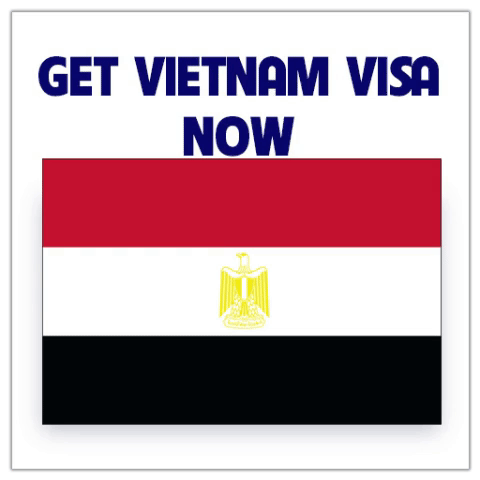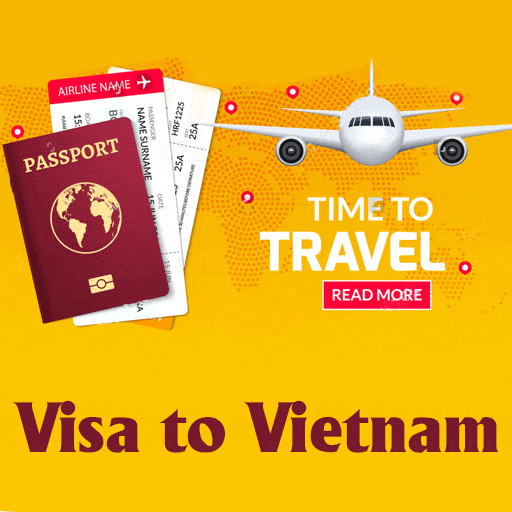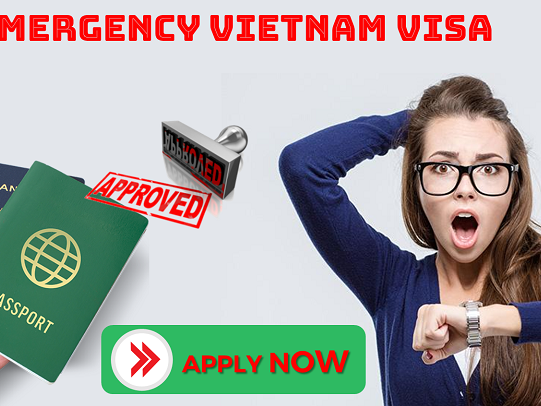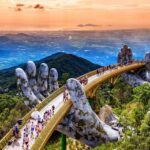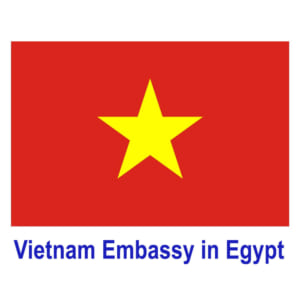The Vietnam eVisa for Indian citizens is an essential travel document that simplifies the process of visiting this beautiful Southeast Asian country. With its rich culture, stunning landscapes, and warm hospitality, Vietnam is an attractive destination for tourists from around the world. In this comprehensive guide, we will detail everything you need to know about obtaining a Vietnam eVisa as an Indian national.
Vietnam evisa for indian
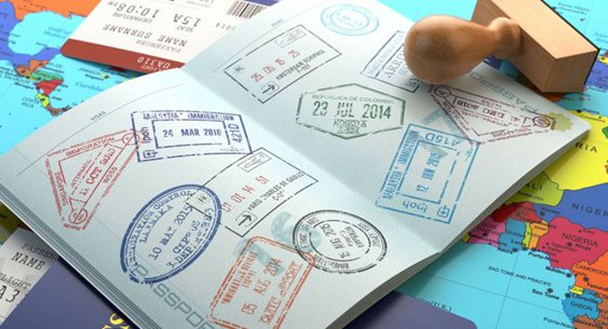
A Vietnam eVisa allows Indian travelers to enter Vietnam for tourism, business, or transit purposes. The eVisa system was introduced by the Vietnamese government to simplify the visa application process and promote tourism in the country.
The eVisa for Indians can be applied online, making it convenient for travelers who want to avoid long queues at embassies or consulates. This electronic visa is valid for a single entry and allows a stay of up to 30 days.
To apply, applicants need to provide some personal information, passport details, and upload a recent passport-sized photograph. Once the application is submitted, it typically takes three business days for processing. After approval, the eVisa is sent via email, which travelers must print out and present upon arrival in Vietnam.
What Are the Requirements?
When applying for a Vietnam eVisa for Indians, there are specific requirements that must be met:
- A valid Indian passport with at least six months of validity
- A digital passport-sized photo in JPEG format
- An email address to receive the eVisa
- A credit or debit card to pay the visa fee online
It’s essential to ensure that all documents are accurate and comply with the specifications set by the Vietnamese immigration authorities to avoid any delays.
How to Apply for a Vietnam eVisa
Applying for the Vietnam eVisa is a straightforward process that can be completed in just a few steps:
- Visit the official Vietnam eVisa website.
- Fill out the online application form with necessary personal and passport information.
- Upload the required documents, including your photo.
- Pay the visa fee using a credit or debit card.
- Submit the application and wait for the confirmation email.
After receiving the eVisa via email, ensure you print it out before traveling to Vietnam.
Validity and Entry Conditions
The Vietnam eVisa for Indian citizens offers flexibility regarding travel plans. It is valid for 30 days from the date of entry into the country. However, once you enter, you cannot extend the eVisa while in Vietnam, so planning your travel accordingly is crucial.
Travelers should also note that the eVisa allows entry through designated checkpoints, including international airports, land borders, and seaports. Thus, being aware of these points of entry is vital for a smooth journey.
Vietnam entry for indian
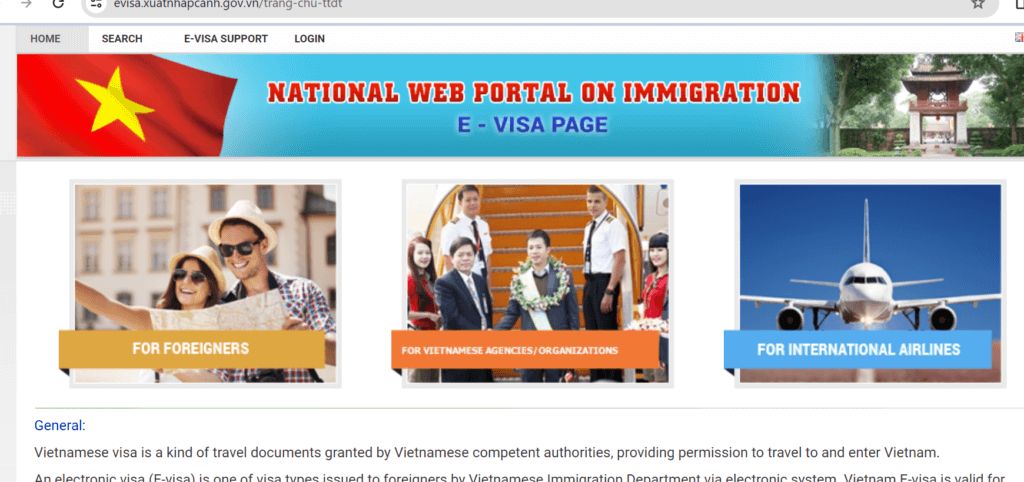
Understanding how to navigate the entry requirements for Vietnam entry for Indian nationals is crucial for a seamless travel experience. The country offers several options for entry, including the eVisa, traditional visas, and visa exemption agreements based on certain criteria.
Different Visa Options
Indian travelers have multiple options when it comes to entering Vietnam, and knowing these can enhance the travel experience:
- Vietnam eVisa: As previously mentioned, the eVisa is a popular choice for its convenience and ease of application.
- Visa on Arrival: Available for travelers arriving by air, this option requires pre-approval from a travel agency and is not recommended due to potential complications.
- Traditional Visa: Obtained through an embassy or consulate, this type of visa may be more suitable for longer stays or multiple entries.
Each option has its pros and cons, so it’s important for Indian travelers to evaluate which best suits their needs.
Key Points for Entry
Upon entering Vietnam, here are some key points for Indian travelers to consider:
- Health Declaration: Travelers may be required to fill out a health declaration form, especially in light of COVID-19 regulations.
- Customs Regulations: Familiarizing oneself with customs regulations regarding what you can bring into the country is vital to avoid fines or confiscations.
- Immigration Control: Be prepared to present your passport, eVisa, and any other required documents to immigration control officers upon arrival.
By understanding these entry points, Indian travelers can ensure a smooth transition into Vietnam.
Important Travel Tips
Although the entry process may seem straightforward, some practical tips can help make the journey smoother for Indian travelers:
- Double-Check Documents: Before traveling, ensure that your eVisa, passport, and any other necessary documents are readily available and correctly filled out.
- Stay Updated on Regulations: Travel regulations can change, so keeping informed about the latest entry requirements is crucial, especially in light of ongoing global health concerns.
- Plan Transportation: Research transportation options from the airport to your accommodation in advance to avoid confusion upon arrival.
Taking these steps can help ensure that your entry into Vietnam is hassle-free and enjoyable.
Vietnam for indian

Vietnam is becoming an increasingly popular destination for Indian travelers due to its diverse offerings. From bustling cities to serene landscapes, Vietnam has something for everyone.
Must-Visit Destinations
Here are some must-visit destinations in Vietnam that cater to various interests:
- Hanoi: The capital city offers a blend of ancient history and modern vibrancy. Key attractions include Hoan Kiem Lake, the Old Quarter, and historical museums.
- Ho Chi Minh City: Known for its lively atmosphere, this city features colonial architecture, vibrant markets, and delicious street food.
- Halong Bay: Renowned for its surreal limestone islands, Halong Bay is perfect for those seeking natural beauty and adventure through boat tours and kayaking.
- Hoi An: A UNESCO World Heritage site, Hoi An showcases beautifully preserved ancient buildings and is famous for its lantern festivals.
These destinations reflect the unique charm of Vietnam and are particularly appealing to Indian travelers looking for a mix of culture, cuisine, and outdoor activities.
Cultural Experiences
Engaging in local cultural experiences is essential for a deeper understanding of Vietnam’s rich heritage. Here are some suggestions for Indian travelers:
- Culinary Tours: Discover the flavors of Vietnam by joining a food tour. From pho to banh mi, the culinary offerings are bound to impress.
- Festivals: If possible, plan your visit around Vietnamese festivals like Tet (Lunar New Year) to experience the vibrant traditions firsthand.
- Traditional Arts: Attend a water puppet show or take part in a cooking class to delve into the country’s artistic expressions.
Embracing these cultural aspects will enrich your journey and create lasting memories.
Travel Safety Tips
Safety is paramount when traveling abroad, and Vietnam is no exception. Here are some safety tips for Indian travelers:
- Avoid Scams: Be cautious of scams targeting tourists, particularly in crowded areas. Always use reputable taxi services and negotiate prices beforehand.
- Stay Informed: Keep abreast of local news and travel advisories that could affect your visit.
- Emergency Contacts: Familiarize yourself with local emergency numbers, such as police and medical services, to ensure you’re prepared for any unforeseen situations.
By taking these safety measures, Indian travelers can enjoy their travels with peace of mind.
Vietnam for indians

As the interest in Vietnam continues to rise among Indian travelers, understanding the unique aspects of visiting this vibrant country is essential.
Cost of Travel
One of the appealing factors for Indian travelers is the affordability of traveling in Vietnam. Here’s a breakdown of typical expenses:
- Accommodation: Budget options like hostels and homestays can cost as little as $10 per night, while mid-range hotels range from $20 to $50.
- Food: Street food is cheap and delicious, with meals costing anywhere from $1 to $5, while dining in restaurants may range from $5 to $15.
- Transportation: Public transport is economical, and taxis or ride-sharing apps are also widely available and affordable.
Overall, the low cost of living makes Vietnam an attractive destination for budget-conscious travelers.
Language and Communication
While Vietnamese is the official language, English is commonly spoken in tourist areas, making communication easier for Indian travelers. Learning a few basic phrases in Vietnamese can enhance interactions with locals and demonstrate respect for their culture. Here are some common phrases:
- Hello: Xin chào
- Thank you: Cảm ơn
- Yes: Vâng
- No: Không
Being able to communicate even minimally can enrich your travel experience and foster goodwill with the locals.
Connectivity and Internet Access
Vietnam has good internet connectivity, with Wi-Fi available in most hotels, cafes, and public places. For Indian travelers, purchasing a local SIM card can be beneficial for navigation and staying connected during your trip. Data packages are relatively inexpensive and allow for seamless internet access throughout your stay.
By considering these aspects, Indian travelers can better prepare for their trip and make the most of their Vietnam for indians experience.
Vietnam immigration for indian
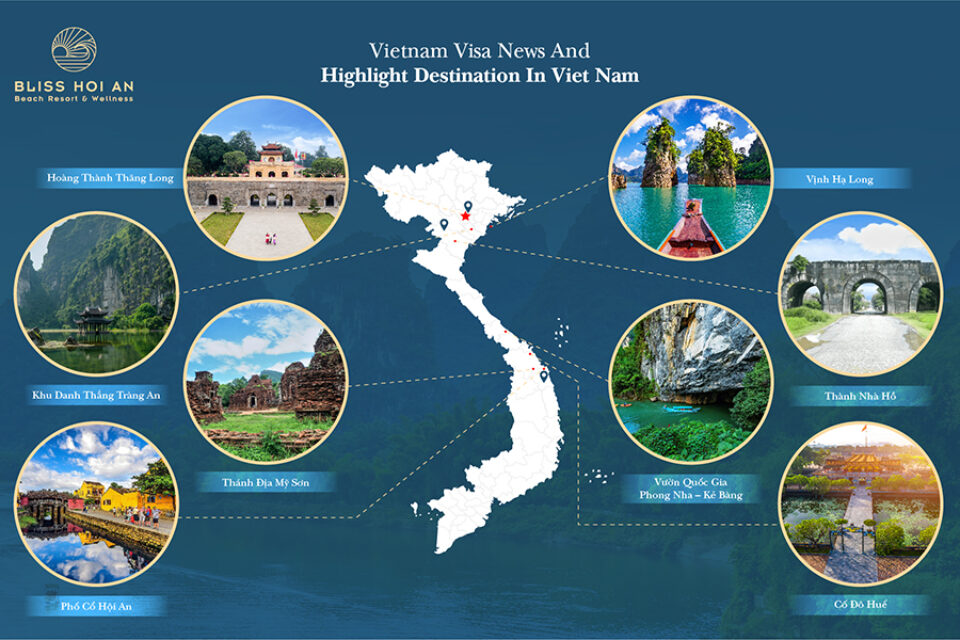
Navigating the immigration process is a significant aspect of travel, and understanding the Vietnam immigration for Indian nationals can aid in avoiding any pitfalls during your journey.
Immigration Procedures
Upon arriving in Vietnam, Indian travelers will go through standard immigration procedures. Here’s what to expect:
- Passport Control: Present your passport alongside your eVisa or any other relevant visa documentation. Ensure both documents are ready for inspection.
- Biometric Scanning: Some airports may require biometric scanning, so be prepared to have your fingerprints taken if requested.
- Declaration Forms: Fill out any necessary declaration forms regarding currency, health, or goods being brought into the country.
By understanding these procedures ahead of time, Indian travelers can reduce stress during the immigration process.
Visa Extensions and Overstays
If travelers wish to stay longer than permitted, extending a visa from within Vietnam is not possible with an eVisa; thus, planning ahead is essential.
In case of overstaying, penalties can include fines or being barred from re-entering Vietnam for a specified period. Therefore, it’s crucial to adhere to visa regulations and exit the country before the visa expires.
Contact Information for Assistance
In case of any issues related to immigration or visa matters, Indian travelers can reach out to the following resources:
- Vietnamese Immigration Department: Provides official information regarding visa regulations and extensions.
- Indian Embassy in Vietnam: Offers assistance and support for Indian citizens, including emergencies.
Having these contacts handy can provide peace of mind and guidance in case of emergencies.
Vietnam work permit for indian
For Indian nationals considering employment opportunities in Vietnam, understanding the Vietnam work permit for Indian citizens is vital.
Types of Work Permits
Vietnam offers different types of work permits for foreign nationals, including Indians. Here are the primary categories:
- Standard Work Permit: Issued to foreign employees working in Vietnam for a company. Applicants must meet specific qualifications and experience requirements.
- Temporary Work Permit: Short-term employment permits are available for skills in high demand or specific projects.
- Investment Business Visa: Foreign investors can apply for this visa, allowing them to work in their own companies.
Understanding the type of work permit needed based on the employment situation is essential for compliance with Vietnamese labor laws.
Application Process
The application process for a Vietnamese work permit involves several steps:
- Prepare Required Documents: These may include a valid passport, health check certificate, proof of qualifications, and job offer letter.
- Submit Application: The employer in Vietnam usually handles the application on behalf of the employee.
- Receive Approval: Following submission, the application undergoes processing, which can take several weeks.
- Obtain Work Permit Card: Upon approval, a work permit card is issued, allowing the individual to legally work in Vietnam.
This process ensures that foreign workers meet the necessary standards and qualifications to work effectively within the country.
Legal Considerations
It’s crucial for Indian nationals to understand the legal implications of working in Vietnam. Working without a valid permit can lead to fines, deportation, or a ban on future entry into Vietnam.
Additionally, understanding local labor laws and rights can be beneficial, ensuring fair treatment and compensation while working in the country.
FAQs
What is the processing time for a Vietnam eVisa for Indians?
The processing time for a Vietnam eVisa is typically three business days. However, it’s advisable to apply at least a week in advance to account for any unexpected delays.
Can I extend my Vietnam eVisa?
No, the Vietnam eVisa cannot be extended while in the country. If you anticipate needing a longer stay, consider applying for a different type of visa beforehand.
What should I do if my eVisa is rejected?
If your eVisa application is rejected, you should review the reasons provided and correct any inaccuracies before reapplying or opt for a traditional visa instead.
Is it safe for Indian travelers to visit Vietnam?
Yes, Vietnam is generally considered safe for travelers. However, as with any destination, it’s crucial to exercise caution, especially in crowded areas, and remain vigilant against petty crime.
Do I need any vaccinations before traveling to Vietnam?
While there are no mandatory vaccinations required for entry, it’s recommended to stay updated on routine vaccinations and consult with a healthcare provider about recommended travel vaccines based on your itinerary.
Conclusion
In conclusion, the Vietnam eVisa for Indian citizens serves as a gateway to exploring the rich cultural heritage and breathtaking landscapes of this Southeast Asian gem. Understanding the entry requirements, navigating the immigration process, and embracing the local culture can significantly enhance your travel experience. By preparing adequately and staying informed, Indian travelers can embark on an unforgettable journey in Vietnam.


